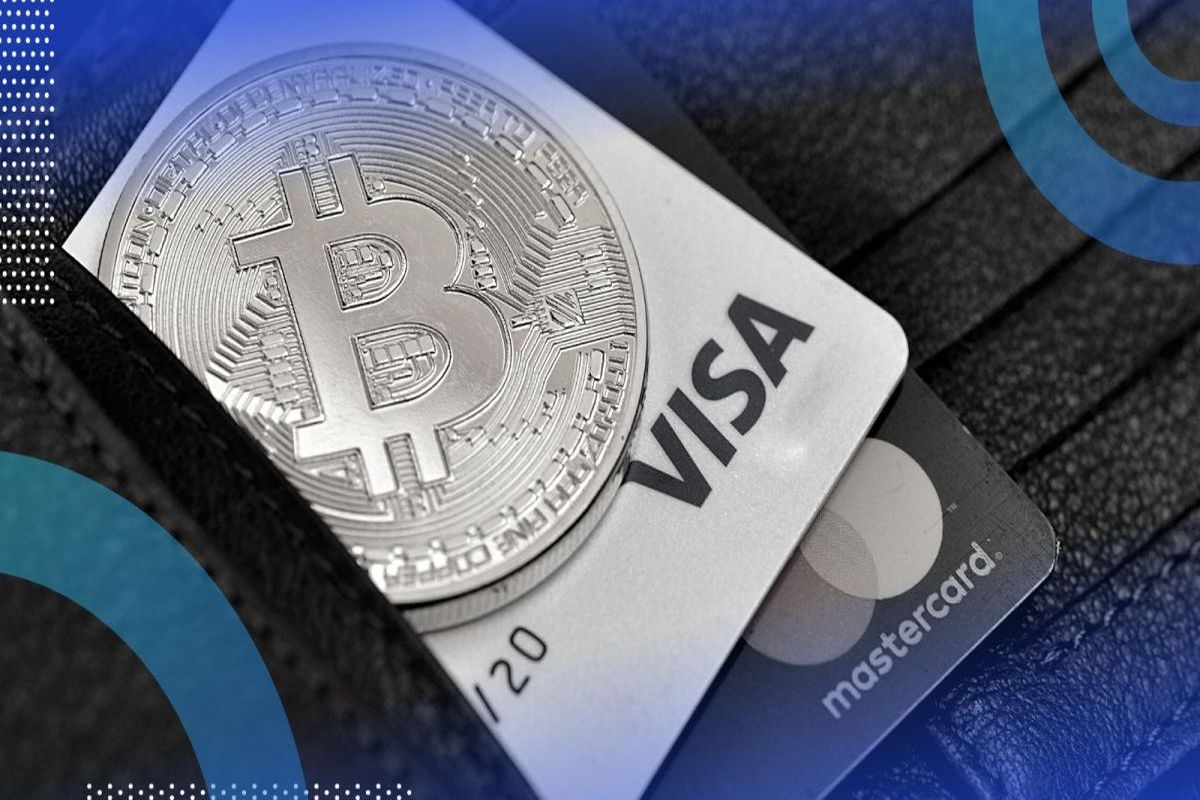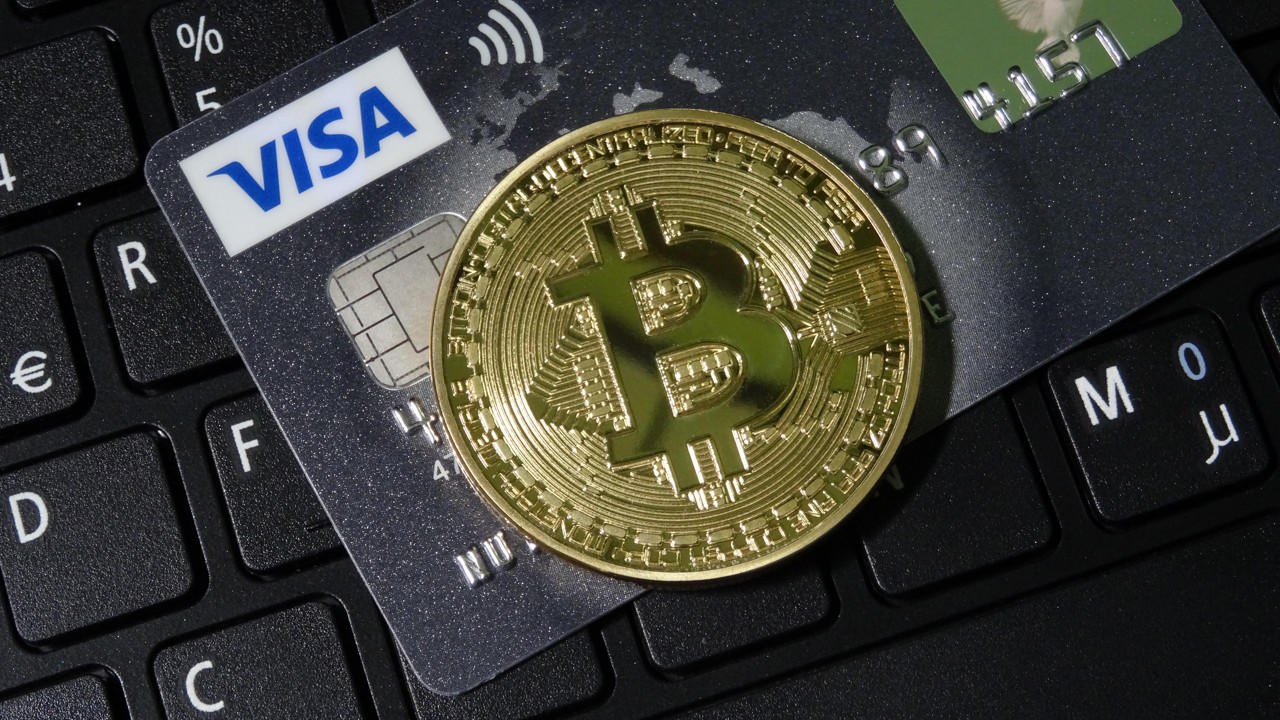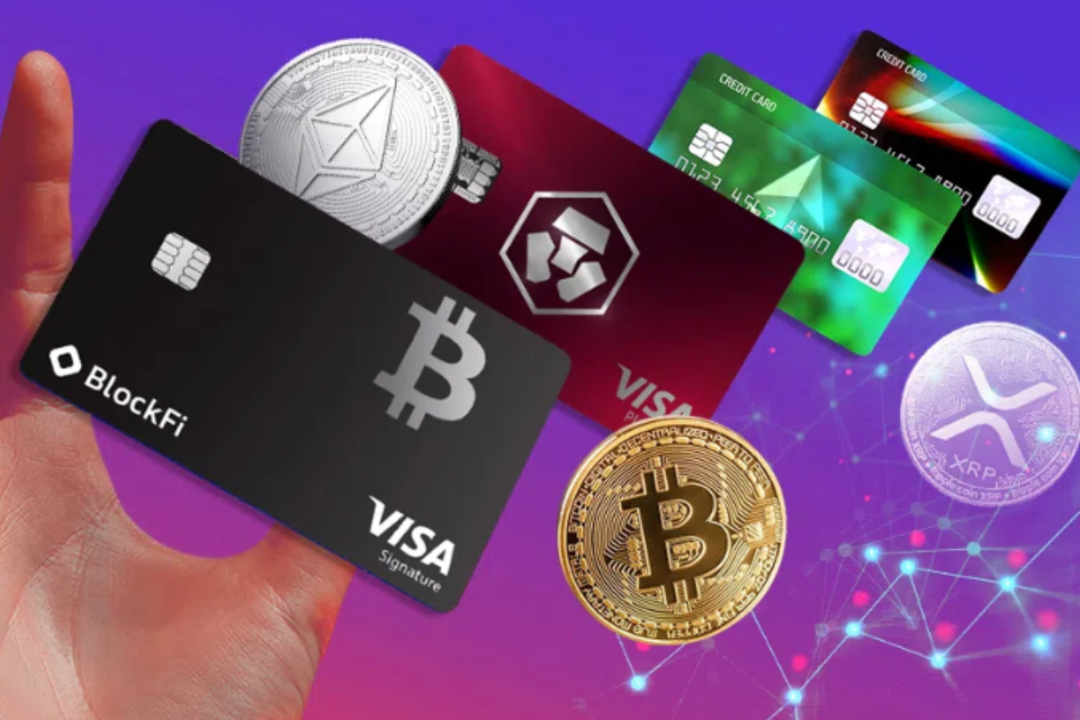More and more people seem to be turning to crypto for many reasons other than investment. One of them is domestic spending for the daily items and other bigger purchases. These reasons have given rise to crypto cards, with dozens of their kinds flooding the market and gaining support from multinational firms within and outside of the industry.
But what are crypto cards? Are they worth using and which ones should you go for? As the topic becomes more relevant to the average crypto holder, we will explore details here.
Crypto Cards Debunked
First, it is worth explaining what the crypto cards are. Crypto cards are described as payment cards linked to one or more financial institutions that enable consumers to spend their crypto, or the fiat equivalent with merchants. The crypto cards work the same as the traditional bank cards and come with different benefits.
Some of the benefits, for instance, come with perks for the users and can even give cashback rewards. As they gain popularity, the perks only appear to get better. However, not all crypto cards are the same and there are some tangible differences between these two major kinds of credit cards: credit crypto cards and debit crypto cards.
Credit Crypto Cards
Crypto credit cards are payment cards that let their users spend their fiat currency as they normally would, together with monthly limits on how much they are allowed to borrow from the card issuer. The main difference between them and normal credit cards is that they let users earn crypto while they make their purchases.
This is normally done via a cashback program or by earning points, and customers can normally select what crypto they want to earn cashback for.
To get a crypto credit card, a customer is required to apply to a financial institution that offers the cards to customers. As is the case with a traditional credit card, the institution conducts a credit check on them, and might be approved or denied based on this.
In case they get approved, they can use their card to make different purchases and will earn crypto cashback or points based on their activities. Mostly, cashbacks seem to be between 1.5% and 3% of the purchase value.
Among these benefits offered by crypto credit cards are users’ ability to earn crypto or points for their spending, free upgrades at various businesses, and access to a line of credit by using these cards.
Nonetheless, some crypto credit cards have limits on the amount you can earn in cashback and points. Of course, credit cards may not be as widely accepted as traditional credit cards.
Crypto Credit Cards: Examples
The crypto market is filled with credit cards for users to apply to. While this is not quite exhaustive, here are some of the significant Examples:
- Venmo Credit Card – the popular payment processor lets its users earn cashback from their credit card purchases and then use the cash to purchase crypto. Users can buy Ethereum (ETH), Bitcoin Cash (BCH), Bitcoin (BTC), and Litecoin (LTC), and there is a transaction cost. Notably, there is also the option to auto-buy the cryptos, which means cashback is automatically spent buying crypto. Its annual percentage rate (APR) is between 15.24% and 24.24%.
- Cemini Credit Card – Since 2021, this cryptocurrency exchange has been providing credit cards with cashback ranging from 1% to 3%, determined by the spending category. The cashback rewards are automatically accumulated, requiring no additional actions from users. The Gemini dashboard offers access to over 50 cryptocurrencies where users can redeem their rewards. The credit card carries an Annual Percentage Rate (APR) ranging from 17.24% to 29.24%.
- Brex Credit Card – The card gives up to 4% cash back on purchases and as an introductory offer, gives clients 10,000 points for the first $3,000 in purchases within the first three months. Rewards with the card can be paid out in more than 60 cryptos, including Bitcoin and Ethereum. On that note, it attracts an APR of between 17.24% and 29.24%.
- Nexo Credit Card – this card is outstanding since you have to deposit some of your Crypto to get it and then apply for a loan from Nexo. If the application is approved, you get a MasterCard credit card that you can use to spend and earn crypto rewards. These rewards are given only in Nexo’s native token or crypto and its APR ranges from 0% to 13.9%. Interestingly, its current cashback rate is Up to 2% for NEXO and 0.5% for BTC.
Crypto Debit Cards
Crypto debit cards are the other type of crypto card you can opt for and they work similarly to the traditional debit cards. They are connected to an account that has your crypto and when you make a payment, the equivalent is deducted from the account. Unlike a crypto debit card, users do not receive a line of credit with the card and can just spend the crypto that they have on hand.
To get a crypto debit card, you need to open an account with an exchange or any other financial institution that issues them. Then, you will need to fund your account with the cryptos that they support and apply for the debit card. The platform does not need to run a credit card check on you to issue you the card and once you get it, you can start spending at various merchants.
Interestingly, some of the crypto debit cards give users cashback and other rewards for their purchases. Besides, owning a crypto debit card means managing to spend crypto as easily as one would in fiat currency. In case the card is used by a widely accepted processor such as MasterCard, users can spend their crypto almost anywhere.
Nonetheless, some of these crypto debit cards need you to stake your tokens with the platform before you can access the debit card. Furthermore, coming with no line of credit also causes many inconveniencies for the users.
Crypto Debit Cards: Examples
Some of the examples of crypto debit cards on the market include:
- Coinbase debit card – the card was developed in partnership with Visa Inc. and can be utilized at millions of merchants and ATMs globally. Many cryptos are supported, including Ether and Bitcoin, and customers can select within the app which crypto they wish to spend. No annual fees or transaction fees are charged for using the card, although the ATM withdrawals are limited to $1,000 per day. Some of the cryptos also attract notable cashback and rewards on purchases.
- Crypto.com debit card – Crypto.com boasts an expansive array of crypto debit cards, encompassing options from the basic card to its VIP selections. Users can utilize these cards to spend their cryptocurrencies and make fee-free withdrawals ranging from $200 to $1,000 at ATMs each month. The premium-tier cards go beyond, offering reimbursement for entertainment subscriptions and granting exclusive access to airport lounges. Acquiring a higher-tier prepaid card necessitates locking up a specific amount of crypto within the account, but users across all tiers can conveniently manage their accounts directly through the app.
- BitPay debit card – the card is funded via the BitPay app or a Coinbase wallet and can be used to pay online and in-store. From merchant payments to ATM withdrawals, the BitPay card supports over 12 cryptos including Ethereum, Bitcoin, and Dogecoin, although there are plans to add more tokens to the list. Payments made at specific participating retailers attract cashback and they are automatically added to the users’ wallets. The BitPay debit card is powered by MasterCard and is one of the most popular in the market.
Related:Crypto.com – Credit Cards and Seemless Support
Is It Worthwhile To Get A Crypto Card?
A crypto card can be very much worth it for its benefits. In case you want to spend your crypto daily, they can be a highly convenient way to do so, while still getting cashback for your efforts.
Furthermore, most of the examples highlighted above provide extra perks like access to airport lounges and reimbursement for your subscriptions. In the case of a crypto credit card, users can get a line of credit for their troubles. In case these perks appeal to you, then a crypto card would be a worthwhile investment.
The Takeaway
Crypto cards have become highly popular in the sector, and more options appear to arising annually. They let the crypto users spend the tokens they already own and even access credit in some instances.
Besides letting users spend their crypto as easily as they would fiat currency, most come with cashback offerings and perks rivaling even the best traditional bank cards. They offer many benefits and should keep being popular in the crypto space for many years.










